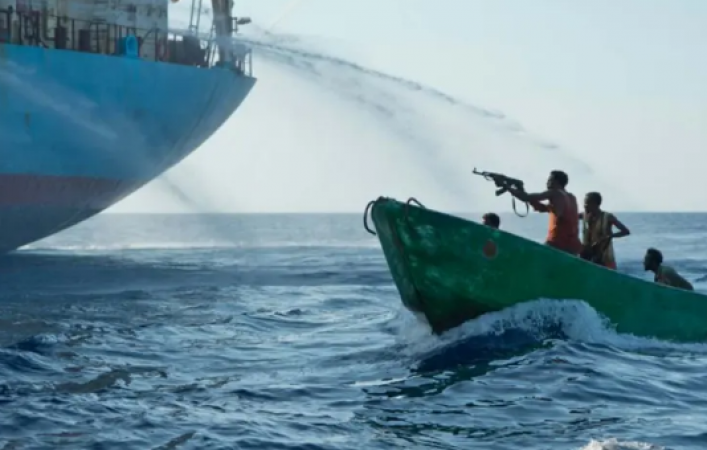
New Delhi: Global business has been significantly impacted by Somali piracy, particularly in the maritime sector and related industries. Here are a few ways that Somali piracy has affected international trade:
1. Shipping Costs: Somali piracy has led to increased shipping costs due to the need for additional security measures. Shipping companies have had to invest in security personnel, equipment, and insurance to mitigate the risk of piracy attacks. These costs are ultimately passed on to consumers, resulting in higher prices for goods transported by sea.
2. Disruption of Trade Routes: Piracy in the waters off the coast of Somalia has disrupted major international trade routes, such as the Gulf of Aden and the Indian Ocean. These routes are vital for global trade, connecting Asia, Europe, and the Middle East. The threat of piracy has led to diversions and longer routes, increasing transit times and fuel consumption.
Also Read: Exchange 2000 notes or deposit them in your account! Now
3. Increased Insurance Premiums: Due to the elevated risk of pirate attacks in the region, maritime insurance premiums for ships passing through the affected areas have risen significantly. Higher insurance costs impact the bottom line of shipping companies and can discourage businesses from operating in the region altogether.
4. Loss of Revenue for Ports: The threat of piracy has caused some shipping companies to avoid using ports in the region, resulting in reduced revenue for local port authorities. This loss of business can have a negative impact on employment and economic development in coastal communities.
5. Negative Impact on Fishing Industry: Somali piracy has also affected the fishing industry in the region. Piracy acts as a deterrent for fishing vessels, both local and international, reducing fishing activities and disrupting the livelihoods of coastal communities dependent on fishing. This can lead to food security concerns and economic instability.
Also Read: Priyanka Mittal's The Cake Poetry has emerged as the best home-based cake shop in India
6. Security Expenditures: Governments and international organizations have had to allocate significant resources to combat piracy in the region. Naval patrols, intelligence gathering, and coordination efforts require substantial funding, diverting resources from other areas of importance.
7. Reputational Damage: Somali piracy has generated negative media attention and portrayed the affected regions as unsafe and high-risk areas for conducting business. This reputation can deter potential investors and businesses from engaging in trade and investment activities in the region.
Also Read: Form has to be filled, ID card has to be shown? 2000 notes will be changed from tomorrow
International naval patrols, enhanced ship security procedures, and the prosecution of pirates who have been apprehended are some of the measures taken to combat piracy. Despite a recent decline in piracy incidents off the coast of Somalia, this persistent threat still has an impact on international trade to some degree.